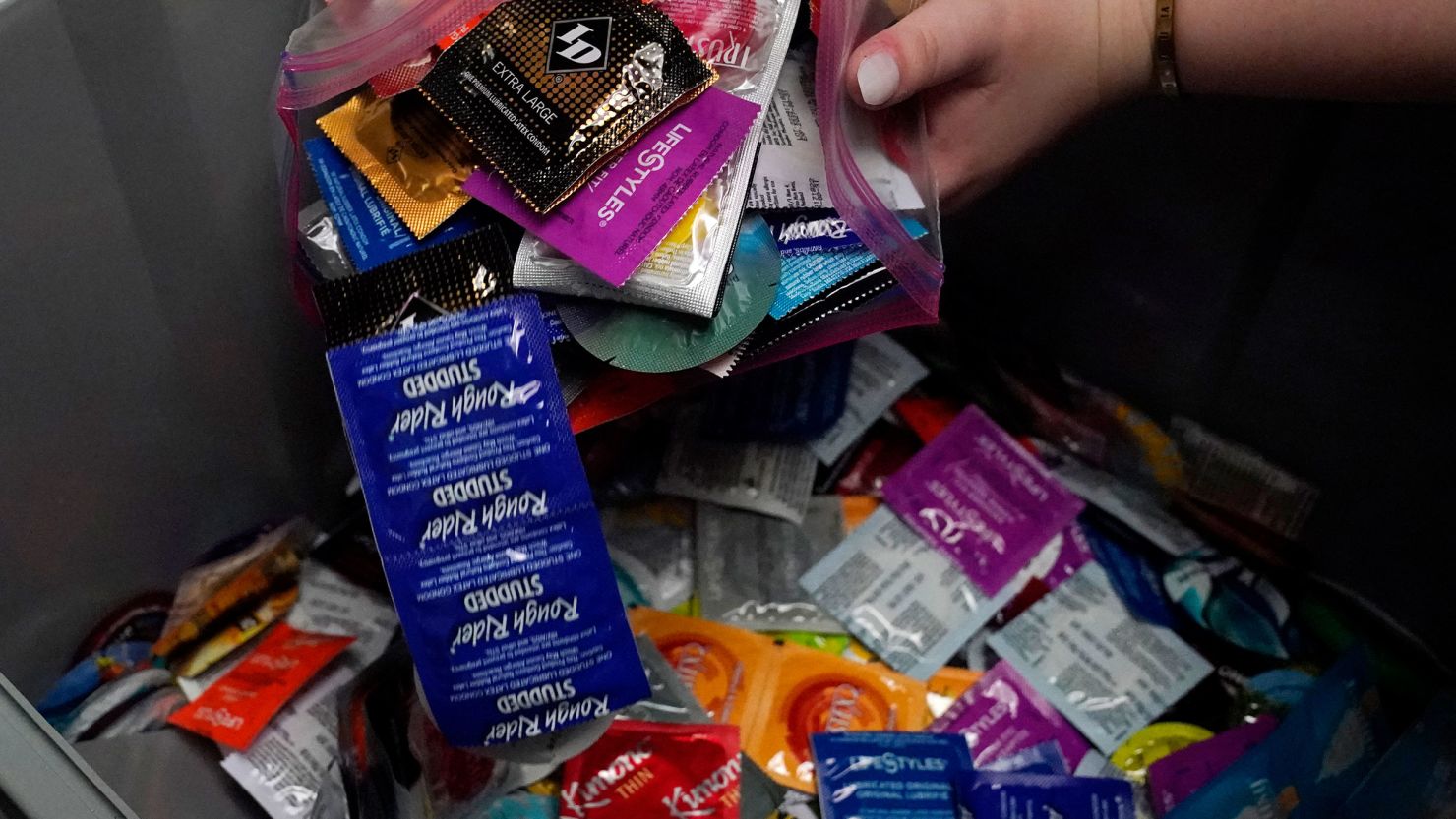Demand for contraceptives surged in the United States after the Supreme Court overturned Roe v. Wade, and a new executive order issued by President Joe Biden last week outlined the administration’s plan to protect and strengthen access to family planning.
“Contraception is an essential component of reproductive health care that has only become more important in the wake of Dobbs and the ensuing crisis in women’s access to health care,” a statement from the White House said.
About 1 in 6 sexually active women who did not want to become pregnant were not using contraception to prevent it, according to a KFF survey from 2022. And among those who were using contraception, about a quarter were not using their preferred method.
The reasons for not using contraception vary, but a new report emphasizes the importance of making it affordable – particularly for uninsured women who receive care through Title X, a federal grant program that offers family planning services for low-income individuals on a sliding scale.
Researchers compared the decisions made by about 1,600 uninsured women who were visiting a Title X-funded health center – about half of whom who received a voucher to cover the costs of contraception and the other half whom received care at the standard cost.
When offered a voucher for free contraception, patients were 40% more likely to adopt any form of birth control, according to the report, published this month by the National Bureau of Economic Research. And they were more likely to choose longer-lasting and more effective methods, too.
Of the women who came to health centers seeking an IUD, most of those who did not receive a payment voucher left with a less expensive birth control option that was different than their initial preference. But about three-quarters of those who did receive a payment voucher received an IUD as they had originally planned.
“When we just take cost off the table, we see that the decisions women are making are changing a lot,” said Martha Bailey, an economics professor at the University of California Los Angeles and lead author of the research. “It’s a straightforward policy lever to allow women to get their desired contraceptive method – which we think should also reduce a lot of undesired pregnancies that may have ended in abortion.”
Earlier research has found that low-income women are more likely to experience an unplanned pregnancy, and many unplanned pregnancies result in abortion.
The new report found that the chance of an unplanned pregnancy was cut by at least 30% for those who received a voucher for free contraception – and making contraception free under the Title X program could lead to 5% fewer unplanned pregnancies and 8% fewer abortions.
Bailey says she’s “delighted” that the Biden administration is addressing access to contraception, and much of the executive order does specifically address the issue of affordability – including a request for $512 million in funding for Title X in the 2024 budget, a 76% increase.
But Bailey says she would have liked the executive order to go “one step further” and specifically earmark that money to making contraception free under the program.
Under the Affordable Care Act, most private health insurance plans are required to offer birth control coverage with no out-of-pocket cost. But many low-income, uninsured patients seeking family planning services rely on Title X funding, which uses a sliding scale for coverage costs.
On Tuesday, Bailey published a policy proposal that called for changes that would scrap the Title X sliding scale and instead make contraception free for low-income patients through the program.
“Access to contraception has been an issue for a long time, but it’s not something we’ve focused a lot on in the policy space,” she said. “I think (Title X) is a place where policy can do a lot, and very quickly. It would be a great place to focus.”
Get CNN Health's weekly newsletter
Sign up here to get The Results Are In with Dr. Sanjay Gupta every Tuesday from the CNN Health team.
Other experts stress that improving access to contraception requires more than cost-cutting.
“Affordability is essential but not sufficient,” said Sarah Benatar, a principal research associate with the Urban Institute’s Health Policy Center. “It’s a huge potential barrier, but it is only one of many concerns that women have.”
According to the KFF survey from 2022, just 30% of women said that they received all the information they needed before choosing their birth control method. And concerns about side effects were particularly common.
Benatar has heard similar themes in her own qualitative research, including focus groups with women across the country.
“You can’t overstate the importance of bodily autonomy, or people’s desire to feel like they truly have autonomy over their choices when it comes to contraceptive or reproductive or maternal health care,” Benatar said. “Making sure information is getting to people from really trusted messengers and being able to change one’s method when it feels appropriate to do so is of paramount importance to people.”


